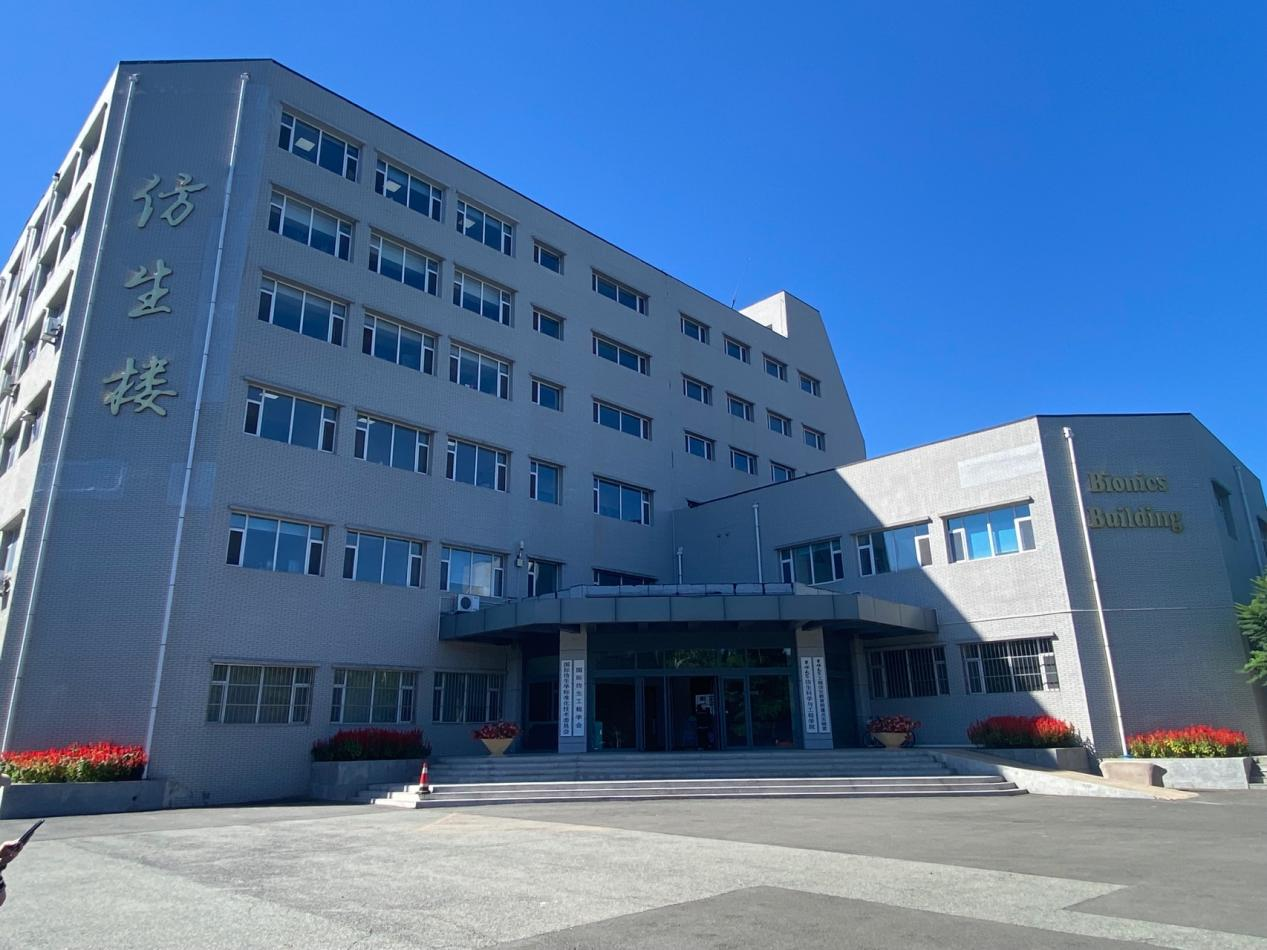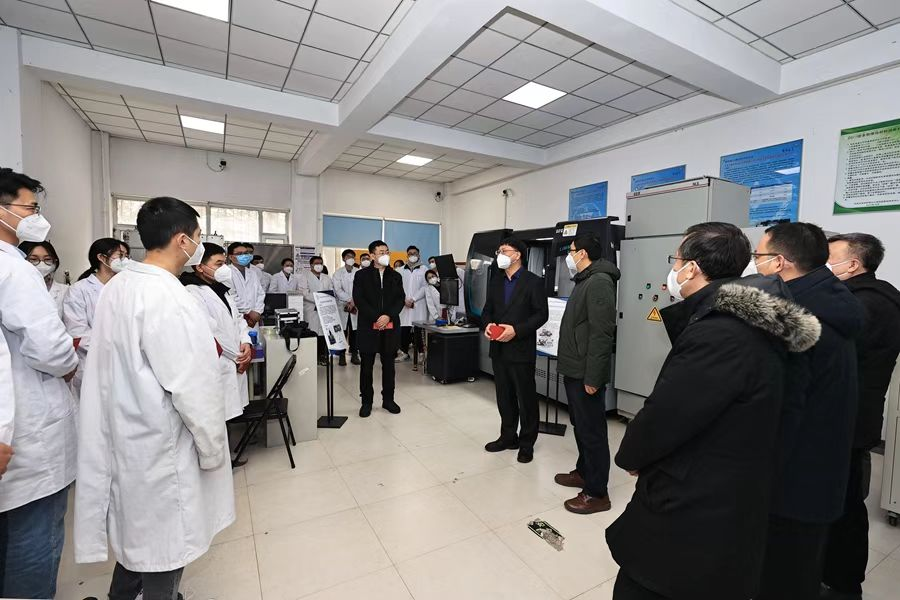The bionics science and engineering discipline at Jilin University can be traced back to the 1970s, originating from the national key discipline of “Agricultural Mechanization Engineering” in the College of Biological and Agricultural Engineering. After the outstanding work of two generations of academicians, Chen Bingcong and Ren Luquan, in 2005, under the leadership of Academician Ren Luquan, Jilin University independently established the master's and doctoral programs in “Bionics Science and Engineering”, which was the first of its kind in China and one of the three interdisciplinary programs designated as a key construction project by Jilin University. In 2014, the bionics discipline was approved as a special discipline for national defense. Approved by the Ministry of Education in 2017, the discipline group “Mechanical and Bionic Engineering” was allowed to be one of the six independent construction disciplines (groups)planned and designed by Jilin University for “Double First-Class ”project, with Academician Ren Luquan as the head of the discipline group. In 2019, bionics science and engineering was approved by the Academic Degrees Committee of The State Council as a national level interdisciplinary discipline, taking the lead in constructing the "Bionics science and engineering" undergraduate-master-doctoral training system.
Bionics science and engineering discipline is aimed to orient towards the needs of the country and create a first-class team, it also adheres to interdisciplinary and target on the international frontier, taking natural approach as the core, and carrying out basic research on the application of bionics engineering. There are four main research fields of the discipline, which include ground mechanical de-attachment reduction bionic technology, bionic tribology and bionic materials, bionic walking technology for soft ground and bioprocessing machine design and bionics.
The discipline has formed an excellent academic team with the leading scholar academician Ren Luquan at the core and with professors and doctoral supervisors as the hard core and with middle-aged and young doctors as the back bone. The discipline has 72 personnel working for research and technique, including 36 professors (researchers), 20 associate professors (senior engineers). Among them, there are one academician of the Chinese Academy of Sciences, two members of the former Academic Degrees Committee of the State Council and one member of the current Academic Degrees Committee of the State Council, one national young and middle-aged expert with outstanding contributions, two recipients of the National Outstanding Young Scientists Foundation, one lecture professor, three Tang Aoqing Distinguished Professors of Jilin University, and two national candidates of the Ten Million Talents Project of the New Century (first and second level candidates) ,two recipients of the Ministry of Education’s cross (new) century outstanding talent cultivation program fund, three recipients of the Ministry of Education’s outstanding young teachers fund, Three backbone teachers of the Ministry of Education ,two senior experts of Jilin Province, five professional and technical talents with outstanding contributions in Jilin Province, three recipients of the Jilin Province Outstanding Youth Fund, and three Changbai Mountain Scholars. There is one innovation team in key fields of the Ministry of Science and Technology, two teams of major scientific and technological R&D talents in Jilin Province, and three teams of scientific and technological innovation in Jilin Province.
The discipline has established several international technology cooperation platforms, represented by the “National International Science and Technology Cooperation Base for Engineering Bionics” (Ministry of Science and Technology), the “Innovation and Intelligence Introduction Base for Engineering Bionics Technology and High-end Equipment” (State Administration of Foreign Experts Affairs), the “Key Laboratory for International Cooperation of Jilin Province,” and the “Sino-British Joint Laboratory of Jilin University-University of Nottingham.” In 2018, the discipline collaborated with the Boeing-Tufts Alliance of the renowned US think tank institution Tufts University to jointly develop the “International Bionics Development Index (Da Vinci Index),” the world's first evaluation index for bionics development, establishing an international bionics think tank and an international bionics technology information network platform.
Based on the discipline, the “International Society of Bionic Engineering (ISBE)” was established, with more than 500 member institutions from over 85 countries and regions. The discipline also founded two important international academic journals, “Journal of Bionic Engineering” and “Droplet.” In 2022, the professor from the discipline served as the chairman of the ISO/TC266 International Bionics Standardization Technical Committee, with Jilin University as the chairman unit, leading the development of international bionics standardization under the ISO.
In 2019, relying on the team of Academician Ren Luquan, the discipline established the Jilin University Weihai Bionics Research Institute, focusing on four major areas of bionic machinery, bionic materials, bionic intelligence, and bionic health, devoted to bionics research, talent cultivation, achievement transformation, and international cooperation, vigorously promoting the rapid development of the bionics science and engineering discipline.




